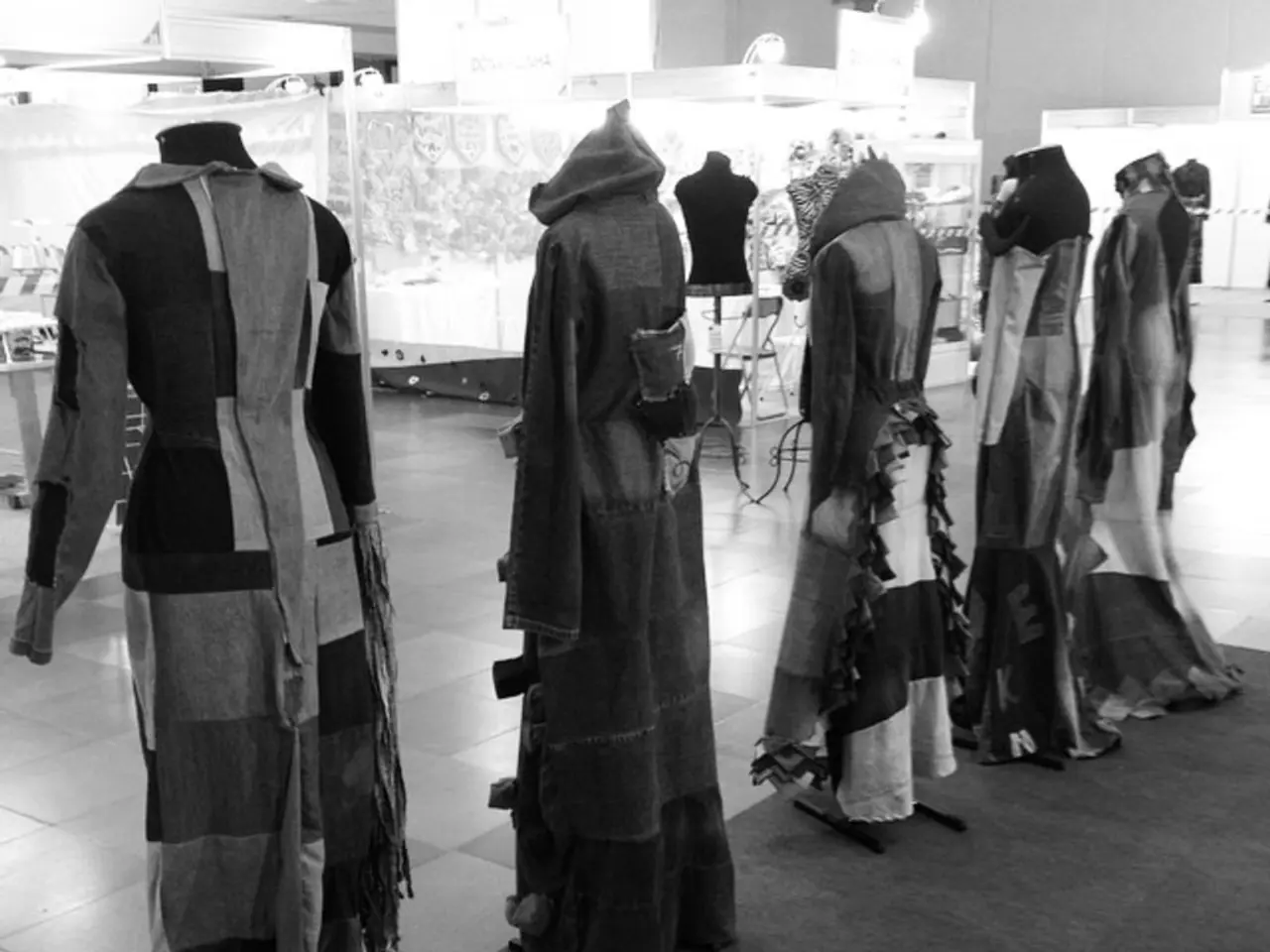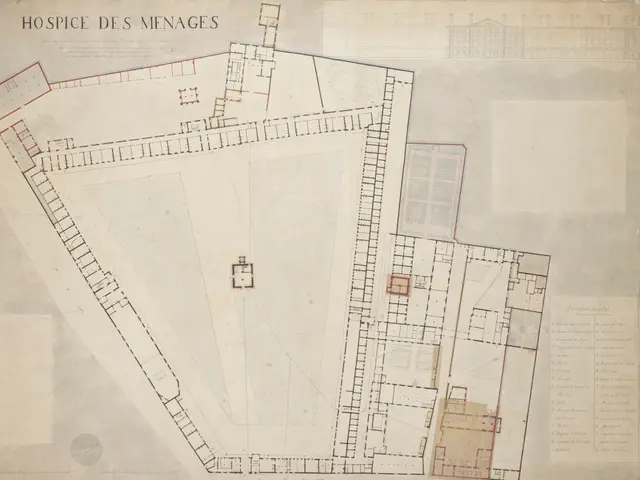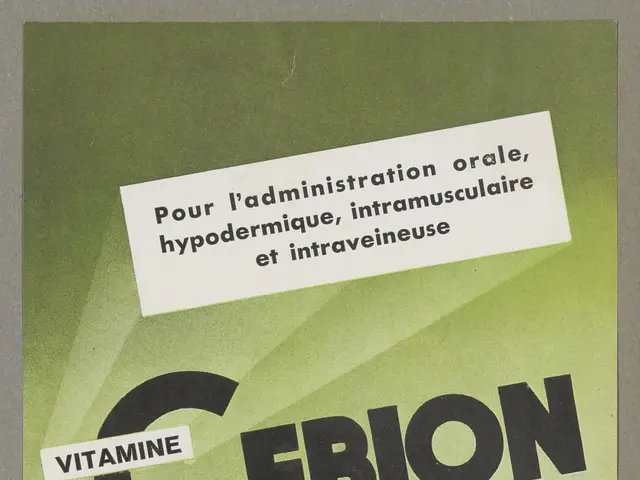Black barbershops function as therapeutic spaces within the African-American community
In the heart of communities across America, Black-owned barbershops have long served as more than just a place to get a trim. They are cultural hubs, safe spaces, and community meeting points where people exchange stories, discuss sports, and air their grievances. Now, one innovative mental health initiative is leveraging this unique setting to provide much-needed emotional support.
The Confess Project is a groundbreaking mental health programme that brings therapy and emotional support to young Black men in an accessible, trusted environment—specifically Black-owned barbershops. By training barbers as frontline counselors, the project aims to combat the stigma around seeking help and encourage emotional openness.
Founded by Lorenzo P. Lewis, the Confess Project impacts 100 lives per month, with over 2 million Black men able to access mental health care while getting a nice haircut annually. The initiative equips barbers to identify signs of mental distress and provide initial support or referrals, creating a bridge between mental health care and the Black male community in a familiar setting.
Historically, seeking therapy has been shrouded in stigma within the Black community, due to the misconception that asking for help is a sign of weakness. This stigma, combined with potential mistrust of doctors due to historical incidents like the Tuskegee experiments and potential misdiagnosis or malpractice, has led to people of color, and especially Black men, being less likely to seek therapy than their white counterparts.
However, the Confess Project is working to change this narrative. By fostering community, reducing shame, and promoting thriving mental health among Black men, the project is helping to lower incarceration rates and make black communities even stronger.
The Confess Project's success story is rooted in the cultural significance of Black barbershops. From Rags to Riches: The Story of Alonzo Herndon, one of the first Black millionaires in America, highlights his career that started by owning and operating a barbershop in Atlanta, Georgia. This historical connection, coupled with the birthplace of hip-hop in the 1980s, underlines the importance of barbershops as community pillars.
The Confess Project is connected with various sources such as Healers and Patients in North Carolina, Mental Health America, and Lorenzo Lewis' personal website. It has also been featured in Entrepreneur magazine as a business that turns barber shops into mental health resources for the Black community.
Lorenzo Lewis, the founder of the Confess Project, made the connection that barbershops present a unique opportunity to offer therapy to Black men. By utilising these trusted spaces, the Confess Project is making mental health care more approachable, culturally relevant, and destigmatized for Black men.
In summary, The Confess Project utilises Black-owned barbershops by training barbers to serve as mental health advocates and counselors, thereby making mental health care more accessible, culturally relevant, and destigmatized for Black men. This innovative approach is helping to break the stigma around seeking help, teach that emotional honesty and healing are strengths, not weaknesses, and ultimately, improve the mental health of Black communities across America.
- The Confess Project, an innovative mental health initiative, is leveraging the cultural significance of Black-owned barbershops to provide therapy and emotional support to young Black men, aiming to combat stigma and encourage emotional openness.
- By training barbers as frontline counselors and offering mental health services in these trusted environments, the Confess Project aims to improve mental health in Black communities across America, ultimately working to lower incarceration rates and foster stronger communities.





